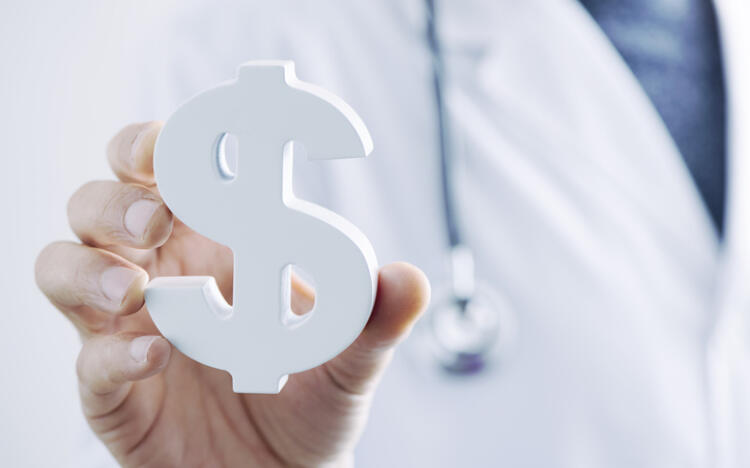Keeping your medicines costs down
You or someone you care about may use lots of medicines each year. The cost can really eat into your budget. In Australian there are government programs that can help keep your costs down. The Pharmaceutical Benefits Scheme (PBS) and the Safety Net are two examples.

